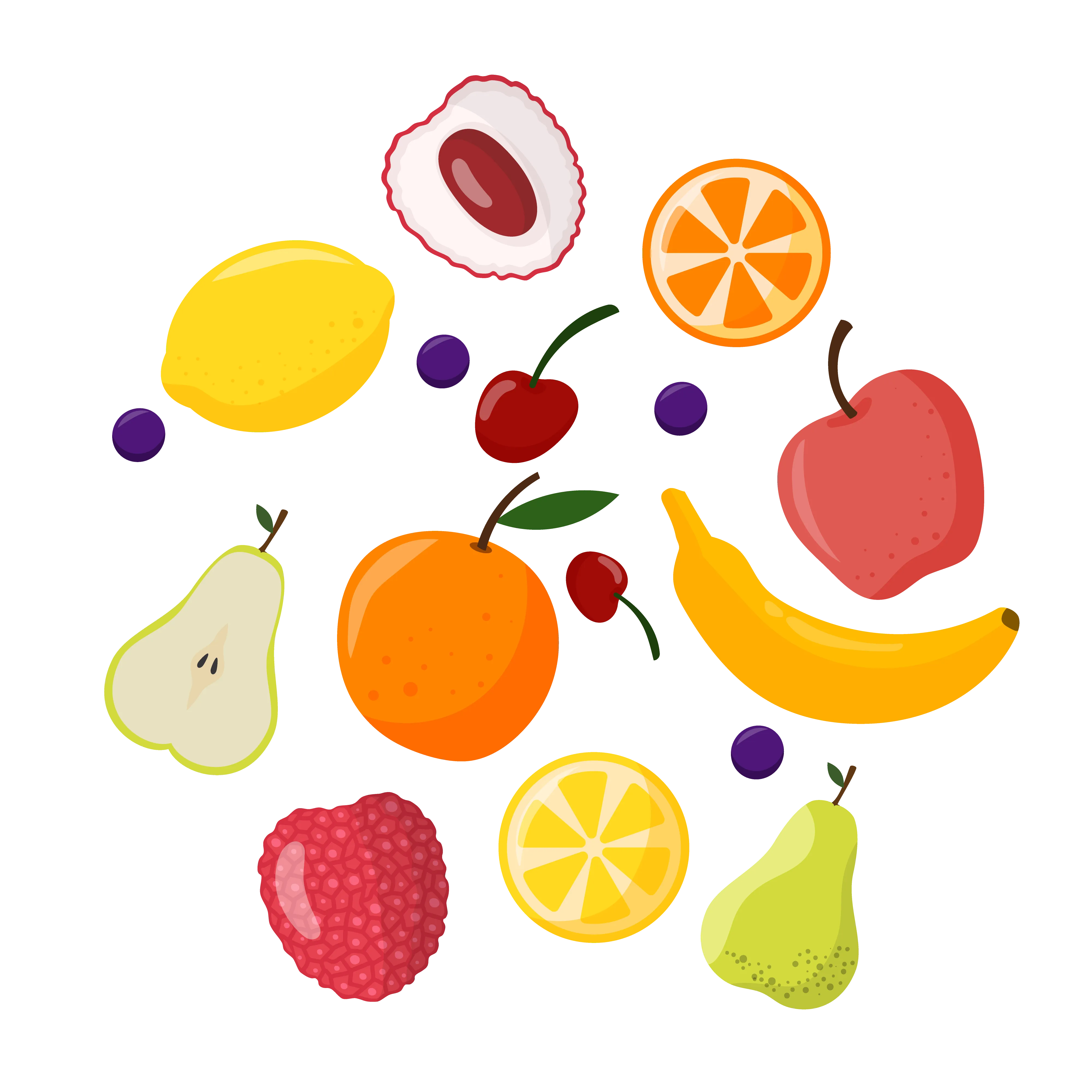Dietitian/Nutritionist | 5 min read
Top Rainy Season Foods to Add to Your Healthy Diet Plan
Medically reviewed by
Table of Content
Key Takeaways
- Vitamin C rich fruits and vegetables help combat infections during rains
- Boost immunity by adding garlic and turmeric to your monsoon diet
- Rainy season foods such as lentil and vegetable soups increase body strength
Monsoons offer a great deal of relief from the scorching summer heat. However, with this change, the weather brings with it a variety of illnesses. The monsoons also interfere with your immune system, which is why you need to be careful about your diet. A healthy diet plan is the key to ward off most common sicknesses like typhoid, cholera and diarrhea. Here are rainy season foods that your should take to stay healthy.
The Effects of the Weather on Diet
The weather influences what you eat and how much you consume. Warmer temperatures are known to reduce your appetite. This is the reason you hardly feel hungry in summer and crave for liquid foods. Excessive sweating and dehydration are among the problems you are likely to face during these months.
During monsoons, the cool weather increases your appetite. You may find yourself feeling hungrier during these months. Ideally, carbohydrates may work better at keeping you full during the monsoons. Be it for kids or adults, choosing the right rainy season foods is key to staying healthy.

Here’s How You Can Follow a Healthy Monsoon Diet
Consume Vitamin C rich fruits and vegetables during the rains
Vitamin C is essential for proper growth and repair of tissues. It is a water-soluble vitamin that facilitates recovery. It also helps in the absorption of iron. Vitamin C is an antioxidant which the body cannot synthesize on its own. As such, it is important to consume vitamin C rich fruits and vegetables.
Additional Read: Fruits and Vegetables Rich in Vitamin CStudies have proven vitamin C as an effective remedy for common cold. Some of the fruits and vegetables rich in Vitamin C include cherries, oranges, plums, spinach, kale, chili peppers, guavas and parsley to name a few.
The table below lists the vitamin C content present in various vegetables and fruits. [2,3]
Vegetable or Fruit | Vitamin C Content |
| Cherries | 822 mg/ 49g |
| Green chili peppers | 242 mg/ 100g |
| Guavas | 228 mg/ 100g |
| Parsley | 10 mg/ 8g |
| Kale | 120 mg/ 100g |
| Lemons | 77 mg/ 100g |
| Oranges | 53 mg/ 100g |
Reduce salt intake as a part of your monsoon diet
Consumption of excess salt may lead to high blood pressure and water retention in the body. For these reasons, you should lower your salt intake during these cooler months. Excess water retention can cause health problems such as swelling.[4]
Include garlic and turmeric in your list of food to eat in rainy season
Garlic contains antioxidants that helps boost your immunity and regulate your metabolism. The presence of curcumin in turmeric also makes it a good antioxidant. Introducing turmeric in your monsoon diet helps the body fight against common infections. [4,5]
Consume herbal drinks along with other healthy food to eat in rainy season
Boiling ginger, pepper, cumin, peppercorn, tulsi, ginger, and fenugreek in water makes a potent herbal drink. Consuming this herbal drink during the rainy season increases immunity and wards off infections. You can consume this on a semi-regular basis to stay healthy.

Add vegetable soups and dal to your list of rainy season foods
Consuming soups prepared using lentils and vegetables is highly nutritious. These are rich in proteins and provide the body with the required energy. Hot soups warm the body as well, which can help to fight a few seasonal illnesses. [5]
Additional Read: Why a Healthy Diet Plan is Crucial to Maintaining Good Health
Replace milk with curd in your monsoon diet
It may be smart to replace milk with curd during monsoons. Lactobacillus present in milk aids in digestion and also improves your immunity levels.
Avoid fried and spicy foods in your healthy diet plan
Generally, the digestive system is weaker during the monsoons. So, it is better to consume light foods that are easy to digest. Eating fried foods causes bloating of the stomach and other complications. Further, you should reduce the spice in your food. Spices increase your body temperature and blood flow. This increased blood circulation may lead to rapid spread of infections in the body. Meat is also something you should reduce during this season. They are harder to digest but if you must, have them in a stew or a soup.
It is always advisable to consume easily digestible and freshly cooked meals during monsoons. Having fruits and vegetables that have not been stored properly or have stayed out in the humidity attracting moisture and fruit flies, is also a no-no. However, in case you are down with a cold or fever, you need not worry. Book an online appointment with a specialist close to you using the Bajaj Finserv Health platform and keep yourself safe from infections during the monsoons.
References
- https://premierallergist.com/blog/do-the-changes-in-season-affect-our-dietary-patterns/
- https://www.healthline.com/nutrition/vitamin-c-foods#TOC_TITLE_HDR_12
- https://medlineplus.gov/ency/article/002404.htm
- https://www.indushealthplus.com/healthy-diet-nutrition-plan-for-monsoon.html
- https://parenting.firstcry.com/articles/foods-kids-should-eat-and-avoid-in-rainy-season/
Disclaimer
Please note that this article is solely meant for informational purposes and Bajaj Finserv Health Limited (“BFHL”) does not shoulder any responsibility of the views/advice/information expressed/given by the writer/reviewer/originator. This article should not be considered as a substitute for any medical advice, diagnosis or treatment. Always consult with your trusted physician/qualified healthcare professional to evaluate your medical condition. The above article has been reviewed by a qualified doctor and BFHL is not responsible for any damages for any information or services provided by any third party.




